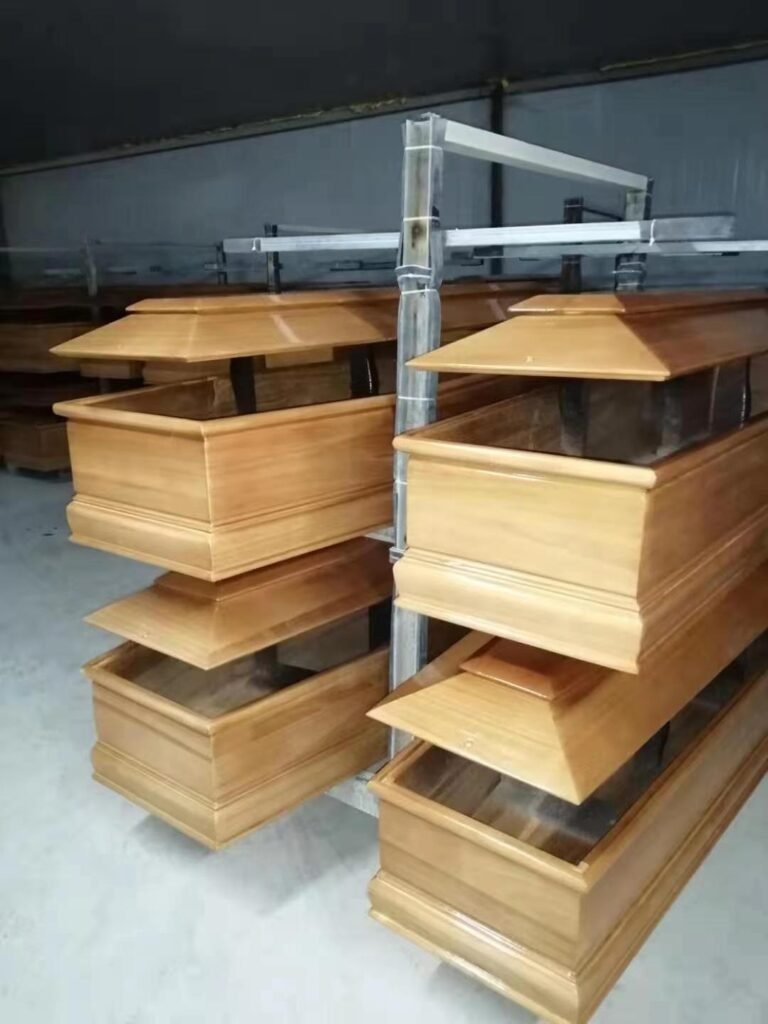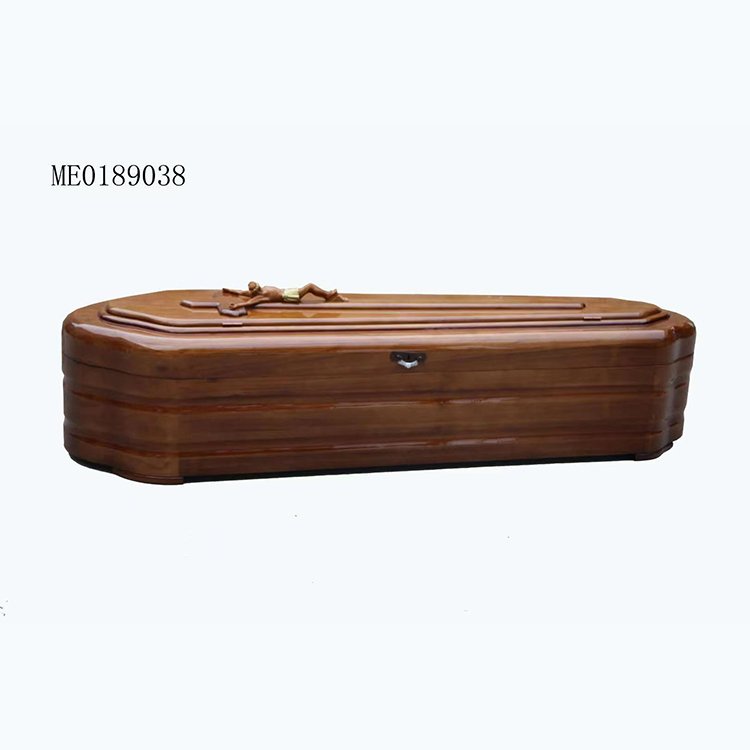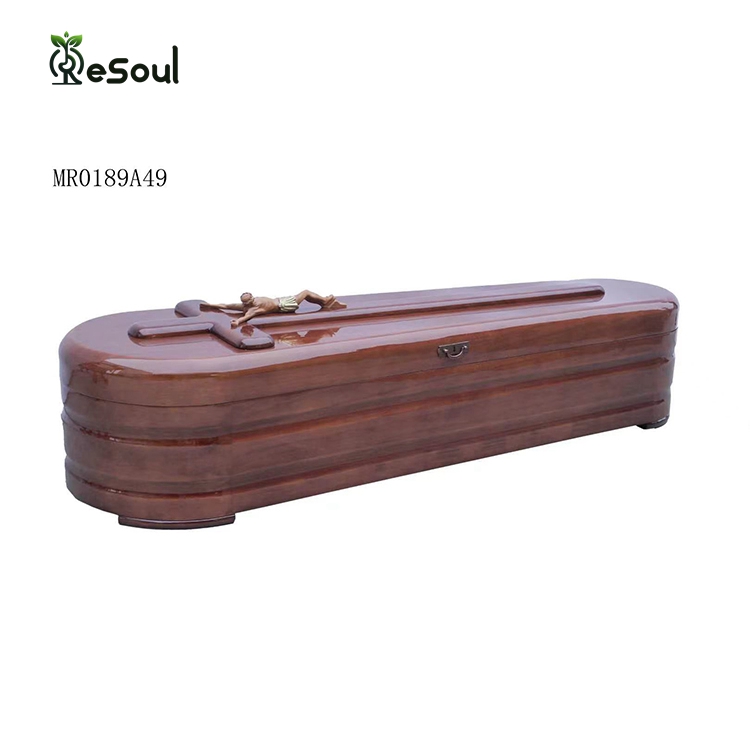Coffins, whether a humble wooden coffin or an imposing a coffin made of stone, have long transcended their functional role to become vessels of cultural identity, personal expression, and legacy. As societies evolve, so do questions surrounding their use: Can you get a black coffin? Can I open a coffin? Can you put money in a coffin? How many years do coffins last? This article explores these queries, weaving in the craftsmanship of solid coffin designs, the ecological nuances of coffin wood, and the artistry of coffin shaped wood creations.

Can You Get a Black Coffin?
Absolutely. Black coffins are a powerful choice for those seeking solemnity or stylistic boldness. While traditional wooden coffin designs often feature natural finishes, modern customization allows for deep ebony stains or glossy paints. Materials matter:
Coffin wood like mahogany or walnut, inherently dark-grained, enhances the richness of black finishes.
A coffin made of stone (e.g., slate or granite) can be polished to a jet-black sheen, though these are rare due to weight and cost.
Coffin shaped wood art pieces, such as decorative shelves or urns, also adopt black hues for dramatic effect.
Cultural contexts vary: In Western funerals, black symbolizes mourning, while in Asian traditions, it may represent protection against negative energy. Whether opting for a solid coffin in lacquered black or a minimalist wooden coffin with metallic accents, color choices reflect both personal and collective narratives.

Can I Open a Coffin?
Opening a coffin post-sealing is possible but governed by practicality, legality, and respect:
Viewing rituals: Many wooden coffin designs include hinged lids for visitations. Orthodox Jewish funerals, for instance, use simple pine coffins with removable panels for final farewells.
Sealed caskets: A solid coffin made of metal or stone, once closed, typically requires tools to reopen. Exceptions include forensic or repatriation cases, where legal permissions are mandatory.
Cultural taboos: Some traditions forbid reopening coffins, believing it disturbs the deceased’s peace.
Modern innovations like glass-viewing panels in coffin shaped wood memorials or biodegradable lids for eco-coffins balance accessibility with reverence.

Can You Put Money in a Coffin?
Placing money in coffins is a global practice steeped in symbolism:
Ancient beliefs: Chinese and Egyptian burials included coins to “pay” for the soul’s journey to the afterlife. These might rest in a wooden coffin or a coffin made of stone with hidden compartments.
Modern tributes: Families today may leave bills, checks, or sentimental valuables. A solid coffin with a lockable interior ensures security, while biodegradable coffin wood options allow offerings to decompose naturally.
Cultural caution: Some religions, like Islam, prohibit burying non-essential items, emphasizing simplicity.
Whether as a pragmatic gesture or spiritual rite, money in coffins bridges materialism and metaphysics.

How Many Years Do Coffins Last?
Coffin longevity hinges on materials and burial environments:
Wooden coffin: Untreated pine or oak lasts 5–20 years in damp soil. Treated coffin wood (e.g., varnished cedar) may endure 30–50 years.
A coffin made of stone: Granite or marble sarcophagi can survive millennia, as seen in ancient tombs, but are impractical for most modern burials.
Solid coffin metals: Sealed steel or bronze caskets resist decay for 80–150 years, though groundwater corrosion may eventually breach them.
Eco-friendly coffin shaped wood (willow, bamboo): Biodegrades in 3–10 years, aligning with green burial trends.
Environmental factors like soil pH, moisture, and microbial activity dramatically affect decay rates. A wooden coffin in arid deserts may mummify remains, while tropical climates accelerate decomposition.
Conclusion: Crafting Legacy Through Material and Meaning
From the earthy simplicity of a wooden coffin to the timeless grandeur of a coffin made of stone, coffins mirror humanity’s relationship with mortality. Whether choosing a solid coffin for durability, embracing the biodegradability of coffin wood, or commissioning coffin shaped wood art as a memorial, each decision intertwines practicality with symbolism. As we navigate taboos about opening coffins, rituals of placing money, or the allure of black caskets, these vessels remind us that death, like life, is a tapestry of culture, choice, and enduring questions.





